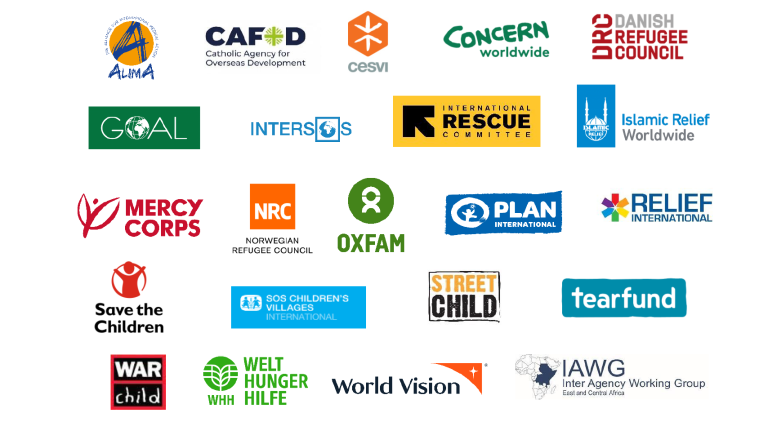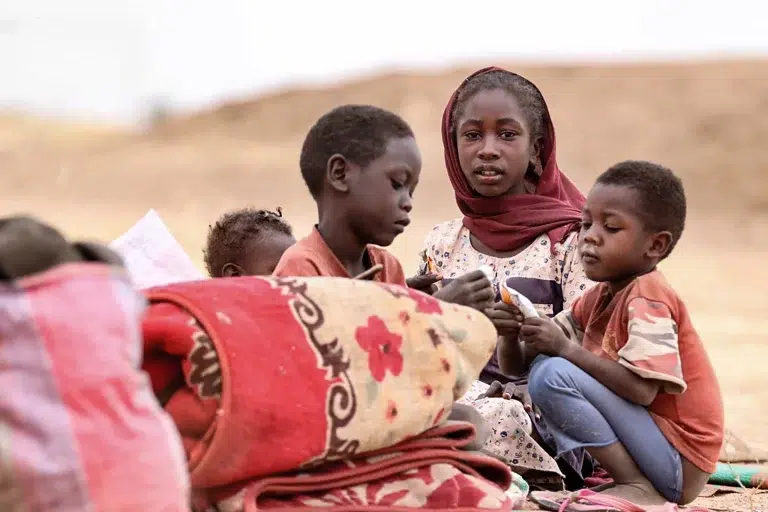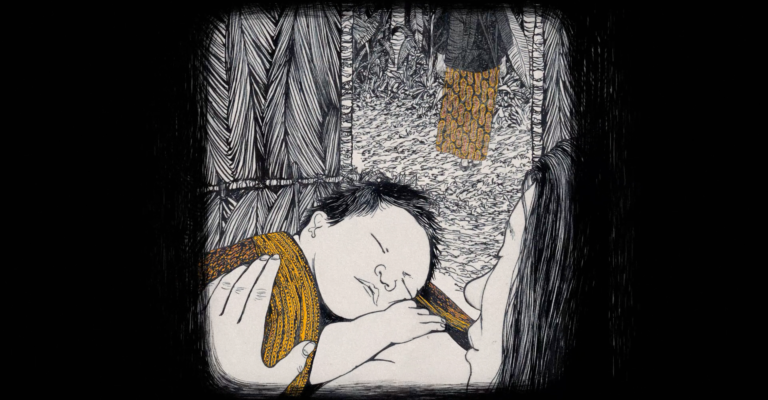See The Lancet Global Health article
Paris/Dakar/Kinshasa, March 15, 2022 – Results of a randomized clinical trial conducted in the Kasai province of the Democratic Republic of Congo (DRC) were published today in the medical journal The Lancet Global Health. They show that a new approach to managing malnourished children could be more effective in combating acute malnutrition in the country.
The study compares the standard protocol for the management of acute malnutrition in the DRC with the simplified OptiMA (Optimizing treatment for Acute Malnutrition) approach developed by the medical humanitarian NGO ALIMA (The Alliance for International Medical Action), in close collaboration with the French National Institute of Health and Medical Research (Inserm). The results of the study demonstrate that adopting this innovative strategy would allow more children to be treated in a more efficient manner.
The OptiMA approach is based on the limitations of the standard treatment protocol. According to the United Nations Office for the Coordination of Humanitarian Affairs (OCHA), in 2019, only 30% of children suffering from acute malnutrition in DRC received treatment.
OptiMA, a promising innovation to fight malnutrition more effectively
The OptiMA strategy is a simplified approach. First, it facilitates the work of health workers by breaking down the distinction between severe acute malnutrition and moderate acute malnutrition. It integrates all acutely malnourished children into a single program.
This strategy also increases efficiency by using one single screening, intake, and discharge tool for the nutrition program: the Mid-Upper Arm Circumference (MUAC) measurement bracelet. In addition, OptiMA uses ready-to-use therapeutic food in a more streamlined manner. Standard treatments increase the amount of RUTF prescribed over the course of a child’s treatment as their weight rises. OptiMA tapers the dosage as the child’s nutritional status improves, thus using less total RUTF per child for similar effectiveness.
“One of the fundamental principles of OptiMA is also to involve families and communities,” explains Dr. Rodrigue ALITANOU, OptiMA regional manager at ALIMA. “We train families in the early detection of acute malnutrition using an easy-to-use and reliable tool : the MUAC bracelet. This helps avoid the progression to more serious forms of malnutrition – complications or even death.”
A scientific study successfully conducted in an unstable environment
This individually randomized clinical trial was conducted between 2019 and 2020 in the Kamuesha health zone in Kasai, a remote region impacted by years of conflict and characterized by severe food insecurity. It involved nearly 1,000 acutely malnourished children aged six months to five years. The children included were randomly divided into two groups: one group followed the standard care pathway, while the other followed OptiMA.
The success of this study is based on the ALIMA teams’ detailed knowledge of the field and a strong international research partnership through the CORAL platform. Researchers were able to demonstrate that the OptiMA strategy was more effective than the standard protocol after six months of follow-up with children in the study. The main conclusions are:
- OptiMA has resulted in 30% more children being cared for while using 20% less RUTF.
- The proportion of children cured and not relapsing into malnutrition, measured six months after inclusion in the trial, was higher (+9%) with the OptiMA strategy compared to the national protocol in DRC.
- Children with moderate acute malnutrition who received the OptiMA treatment were less likely to progress to the severe stage of the disease (5% versus 16% with the standard program).
- Children who received OptiMA treatment showed greater weight gain and increase in mid-upper arm circumference over six months.
- Recovery times were shorter with the OptiMA strategy, particularly in children with moderate acute malnutrition.
“The results show that a single program for all stages of the disease, using a single therapeutic food, leads to better nutritional status of children due to earlier management,” says Cecile Cazes, epidemiologist and scientific project leader of the study. “The gradual reduction in the dosage of therapeutic foods does not put childrens’ health at risk, even in a context of severe food insecurity. These results are very promising and justify comparing this strategy in different contexts.”
The OptiMA strategy is now being tested by ALIMA and its research partners in Niger in a randomized clinical trial to measure whether its benefits can be replicated in other settings. This innovation offers hope for treating more children suffering from malnutrition in countries with limited resources.
Media contacts ALIMA
Kayla McMenamin
kayla@minervastrategies.com
+1 (503) 780-8514
Nikita Junagade
nikita.junagade@alima.ngo
+221 77 727 9585
ALIMA (The Alliance for International Medical Action) is a medical humanitarian NGO established in 2009 to provide quality health care to the most vulnerable people in high-mortality areas during emergencies and crises. ALIMA relies on an operational model based on partnerships with national humanitarian actors and local communities, and has established itself as a key player in the medical humanitarian field in Africa. ALIMA’s ambition is to revolutionize emergency medical aid and transform humanitarian medicine, by conducting research and fostering innovation to strengthen the impact of humanitarian actions. In 12 years, ALIMA has treated more than seven million patients in 14 countries, and launched more than 30 research projects, with a focus on malnutrition, malaria, the Ebola Virus Disease, COVID-19 and Lassa fever.
About CORAL
CORAL (Clinical and Operational Research Alliance) was born in September 2016 from the partnership between ALIMA, the Inserm Center (National Institute of Health and Medical Research) U1219 of the University of Bordeaux and the Franco-Ivorian medical research program PAC-CI in Abidjan). CORAL is a clinical and operational research platform that brings together African and European researchers and medical humanitarians. Its research work focuses on emerging infectious diseases (Ebola virus disease and Lassa fever in particular) and on mother and child health, particularly on the prevention and management of acute malnutrition.
Founded in 1964, Inserm is a public scientific and technological institute which operates under the joint authority of the French Ministries of Health and Research. The institute is dedicated to biomedical research and human health, and is involved in the entire range of activities from the laboratory to the patient’s bedside. It also partners with the most prestigious research institutions in the world that are committed to scientific challenges and progress in these fields.






